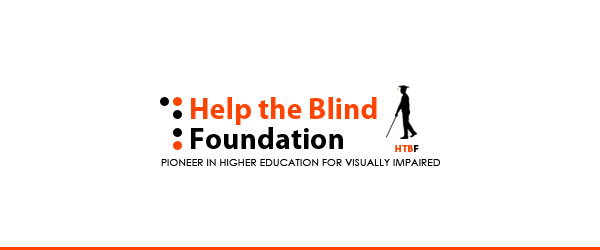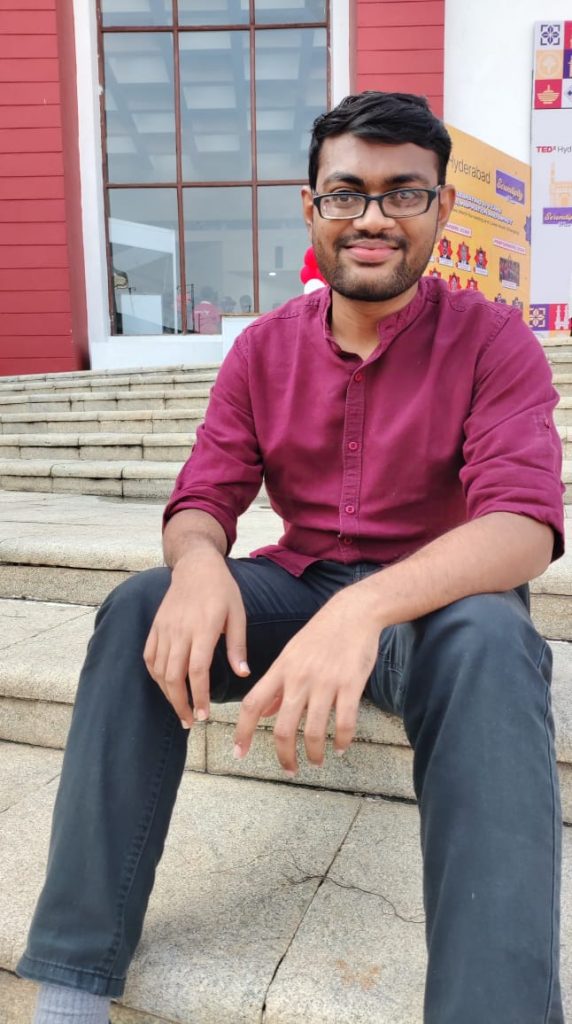What does it mean to be a friend to someone blind or visually impaired?
Spoiler: there’s no universal cape of friendship that fits everyone. It takes a heart willing to listen and a mind ready to embrace. In my 26 revolutions around the sun, I’ve experienced all kinds of friendships—and their occasional lack thereof.
Take my undergrad years, for instance. I was like some alien species roaming the corridors. No one really bothered to talk to me, even when I made an effort. I was either “that blind guy who’s really great” or “oh, that poor blind guy.”
Being blind comes with its own set of challenges. I can’t spot someone across the room and flash a welcoming smile. Waving is out of the question. And initiating a conversation? Forget it—I don’t even know who’s around unless they speak first.
Those early days of college are critical for making connections. Everyone’s busy exchanging pleasantries, swapping stories, and forming cliques. And there I was, sitting dutifully on the first bench—thanks to the unspoken rule that the blind must sit up front—unnoticed, ungreeted, and fighting off a creeping sense of loneliness.
It’s not like I didn’t have any friendships during my undergrad. In fact, I made one that turned into something extraordinary—she became my girlfriend (and still is, by the way). But apart from her, friendships were rare, often shallow, and sometimes tainted by pity or charity tied to my disability. I longed for a buddy gang—my crew—like the ones in all those buddy comedies. “Maybe they only exist in movies,” I used to tell myself. That is, until my master’s program flipped the script.
My post graduation changed my life entirely. I found a group of people who looked past my disability and saw me. They embraced the full package—my quirks, my needs, my abilities, my fears, my strengths, my weaknesses, and everything in between. Unasked, I get detailed descriptions of the movie scenes, unfiltered banter about my disability, and help when needed. But most importantly, I’m not just the blind guy in the group—I’m the best cook, comic, cinephile, foodie, and a healthy drinker who happens to be blind. See the difference?
Why the semi-biography, you ask?
When asked to write this, I could’ve gone with my usual vent verses about disability issues (check my LinkedIn for that), but I wanted to focus on something positive and more fundamental: friendship. As social beings, we thrive on connections that outlast classrooms and office walls. But for the blind or visually impaired, building those bonds comes with extra challenges. How do we as both sighted and visually impaired navigate through them?
A Word to My Fellow Visually Impaired Comrades
From my experience, the key is to be upfront. Open communication about your disability, your needs, and your genuine interest in being part of the group can break a lot of ice. Personally, I’ve sent messages or emails titled something like “What You Should Know About My Disability” or “Tips for Interacting with a Blind or Visually Impaired Person.” Trust me, this takes courage and boldness, and it’s not something that happens on Day One. If you’re an introvert, it’s even harder. But the point is this: Be open, willing to educate, and ready to mingle.
Another thing—don’t let the fear of being a burden stop you. Yes, it’s a legitimate concern, but life isn’t black and white. My advice? Just try going out with people once. Give them the chance to show you who they are. Sure, some may stumble with ableism or unintentional insensitivity—but that doesn’t define them. So the next time a classmate, colleague, or new neighbor invites you to a movie night or lunch, take a leap. There might be a year’s worth of friendship waiting for you on the other side of that yes.
To My Sighted Readers
When making friends with someone who has a disability (whether or not they identify as such), treat them the way you’d treat anyone else. This isn’t about walking on eggshells or being afraid to offend. Getting to know someone is always a process, and You’re bound to say the wrong thing at some point—disabled or not. That’s just how relationships work.
You don’t need to understand every nuance of their experiences right away. Just reach out. Look beyond the disability, see the soul in front of you, and listen to the said (and unsaid) with your heart.
And please… remove the filter of ableism. “I could never do what you do—you’re so great.” “Wow! You recognized me without me saying my name? That’s amazing.” Stop it. The amount of ableism flying around, especially in the social sector, is obscenely high. It completely turns off the person with a disability in front of you. For us, the conversation pretty much ends right there. Come on, if I said something like, “Wow! You can tell the difference between men’s and women’s toilets? That’s mind-blowing!” wouldn’t you be pissed? (No pun intended.) That’s exactly what these comments sound like to us.
Going back to that Saturday night, sitting next to my buddies, with a cute little amount of chai spilled on my pants and them laughing their hearts out about it, I was reminded of how much I had yearned for this. I mean, not the chai spilling, but the laughs. Instead of the usual “Oh no! Ayyo! Tut tut!” what I got was pure, unfiltered leg-pulling. And really, what are friends for if not to grab every tiny opportunity to tease and torment you?



